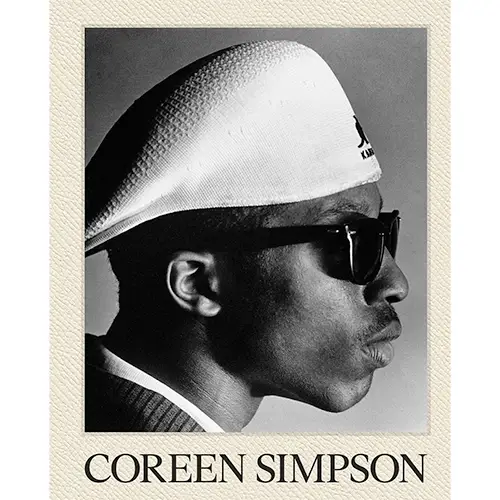To be honest, I wasn’t very familiar with the work of Coreen Simpson. But when I received her book
Coreen Simpson: A Monograph I recognized several iconic photographs, only to realize for the first time that they were all by Coreen Simpson.
This book, the second volume in
Aperture’s Vision & Justice series, offers an in-depth look at the career of a photographer and jewelry designer whose work spans more than five decades. The monograph is beautifully produced, with a tactile, leather-like hardcover that makes it feel like handling an art object—an experience that mirrors the care Simpson brings to her subjects.
Before turning to photography, Simpson worked as a freelance writer for magazines like Essence, Unique NY, and The Village Voice. Dissatisfied with the images accompanying her stories, she decided to take matters into her own hands, learning photography through lessons at the Studio Museum in Harlem and studying with jazz photographer Frank Stewart. That decision shaped a career devoted to capturing Black life and style with unmatched care and precision. As she once reflected, having grown up in foster homes and often feeling like an outsider, she understood what it meant to observe and connect with people, an outsider’s perspective that became a hallmark of her work.
What makes the book especially engaging are the anecdotes that give us a deeper understanding of who she was. One unforgettable story: in 1976 she met Muhammad Ali and was invited into his dressing room. She told him that, as a Black woman photographer, she often struggled to gain access to major events. Ali advised her to put on a mink coat, saying that rich people can enter anywhere. From then on, she followed his advice—and it worked. Stories like these reveal her determination, ingenuity, and wit in navigating spaces where she wasn’t always welcomed.
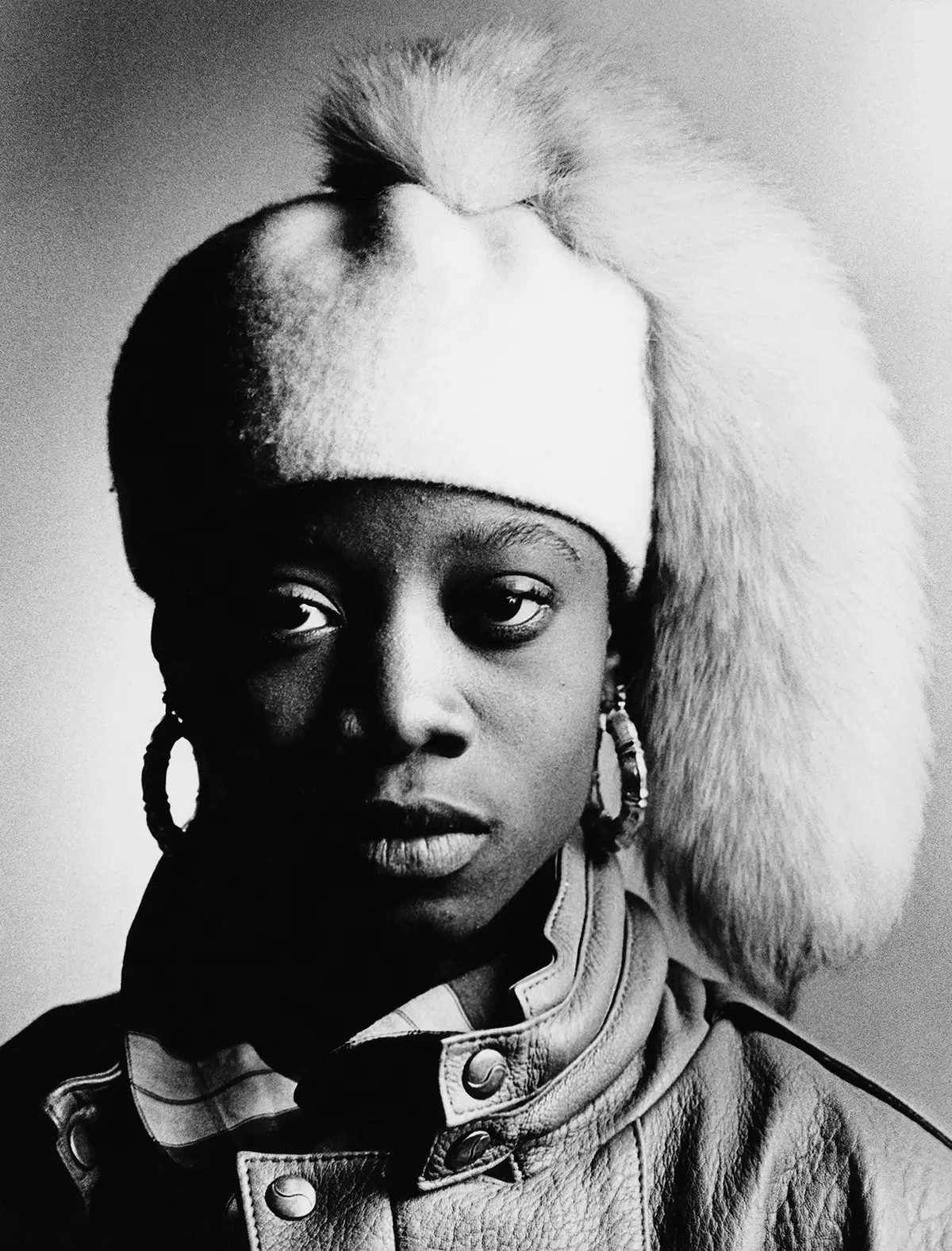
Helene, Roxy Club, 1985, from the series B-Boys, from Coreen Simpson: A Monograph (Aperture, 2025). Courtesy the artist © Coreen Simpson
The monograph showcases her celebrated portraits of cultural icons—Grace Jones, Muhammad Ali, Eartha Kitt, Toni Morrison, Diana Ross, and David Hammons—but it is her lesser-known series, like the B-Boys photographs from the early years of hip-hop, that feel especially striking. In these images, Simpson captures young people in moments of self-expression and emerging culture, exploring poise, individuality, and style with a lens that is both documentary and deeply intimate. These portraits resonate with a vitality and authenticity that remain relevant decades later, echoing the influence of her vision on younger generations of photographers. Her black-and-white portraits, in particular, stand out for their strength and dignity—she consistently shows her subjects as proud, beautiful individuals with strong personalities shining through.
The book also highlights her later work, including collage, overpainting, and other formal experiments. These pieces reveal an artist unafraid to blend mediums and push the boundaries of portraiture while maintaining a focus on her subjects’ humanity. Beyond photography, Simpson’s career as a jewelry designer—creating iconic pieces like the
Black Cameo worn by figures from Rosa Parks to Rihanna—underscores the interconnectedness of style, art, and cultural identity throughout her life. Jewelry also provided her with the financial freedom to pursue the photographs she wanted, on her own terms. That hard work and persistence allowed her to remain true to her vision.
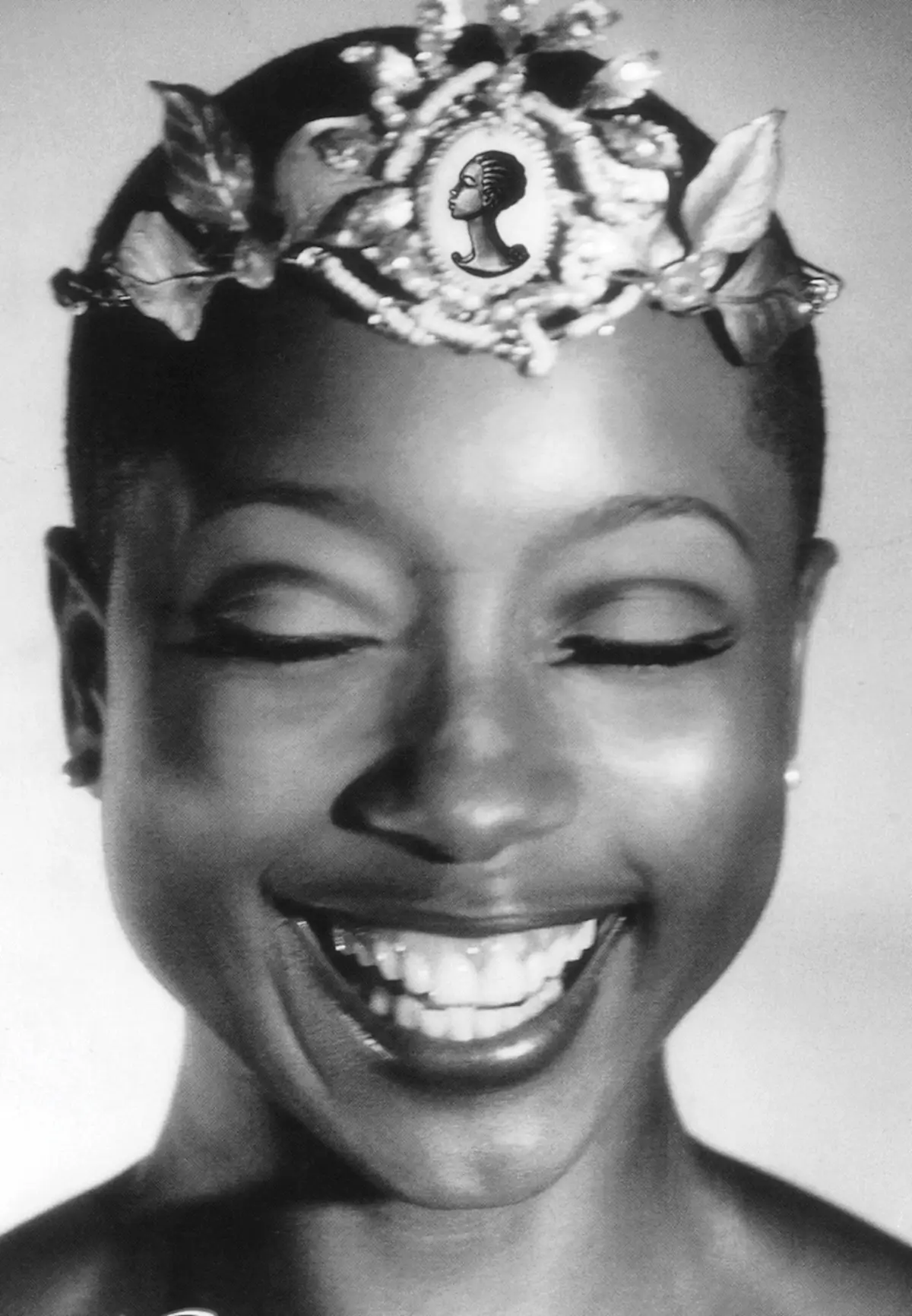
Gail Pilgrim Wearing a Black Cameo Collection Crown by Coreen Simpson, 1990s, from Coreen Simpson: A Monograph (Aperture, 2025). Courtesy the artist © Coreen Simpson
is enriched with essays from Bridget R. Cooks, Awol Erizku, Rujeko Hockley, Sarah Lewis, Valerie Cassel Oliver, Jonathan Michael Square, Doreen St. Félix, and Salamishah Tillet, alongside a wide-ranging interview by Deborah Willis. Together, these writings contextualize Simpson’s work within broader discussions of Black visual culture, creativity, and history. The essays also situate her practice within the Vision & Justice initiative, founded by art historian Sarah Lewis. This groundbreaking project seeks to build a richer, racially inclusive history of photography, correcting historical oversights and celebrating artists whose work has often been overlooked.
Vision & Justice draws on the belief that images can “push back against entrenched injustice,” using photography as a tool for cultural and social restoration. The series connects older and younger generations of photographers, highlighting continuities and dialogues across decades, and allowing new audiences to discover artists like Simpson alongside contemporary voices such as Tyler Mitchell and Awol Erizku. The initiative’s mission, in part, is reparative—ensuring that photographers whose contributions were previously marginalized are now seen, published, and critically celebrated.
What I found most compelling in reading this book is how Simpson’s work navigates the intersection of personal connection, cultural storytelling, and aesthetic experimentation. Each portrait is a dialogue—between photographer and subject, between image and history. She captures both the elegance and resilience of her subjects, and the book makes clear how her lens has documented Black life over decades with rigor, empathy, and care. For someone discovering her work anew, the monograph is an invitation: to witness her vision, to recognize familiar faces in a new context, and to understand the depth of her contribution to photography, fashion, and cultural history.
Published by Aperture as part of the
Vision & Justice Book Series curated by Sarah Lewis and coedited with Drs. Leigh Raiford and Deborah Willis, Coreen Simpson: A Monograph celebrates a remarkable career that bridges photography, art, and cultural storytelling. It is a profound, beautifully crafted entry into the vision of an artist whose influence on Black visual culture is both enduring and deeply inspiring, a reminder that portraiture is never merely representation—it is presence, dignity, and the stories people carry in their posture, their style, and their gaze.
It is her first major monograph—long overdue. A must-have!
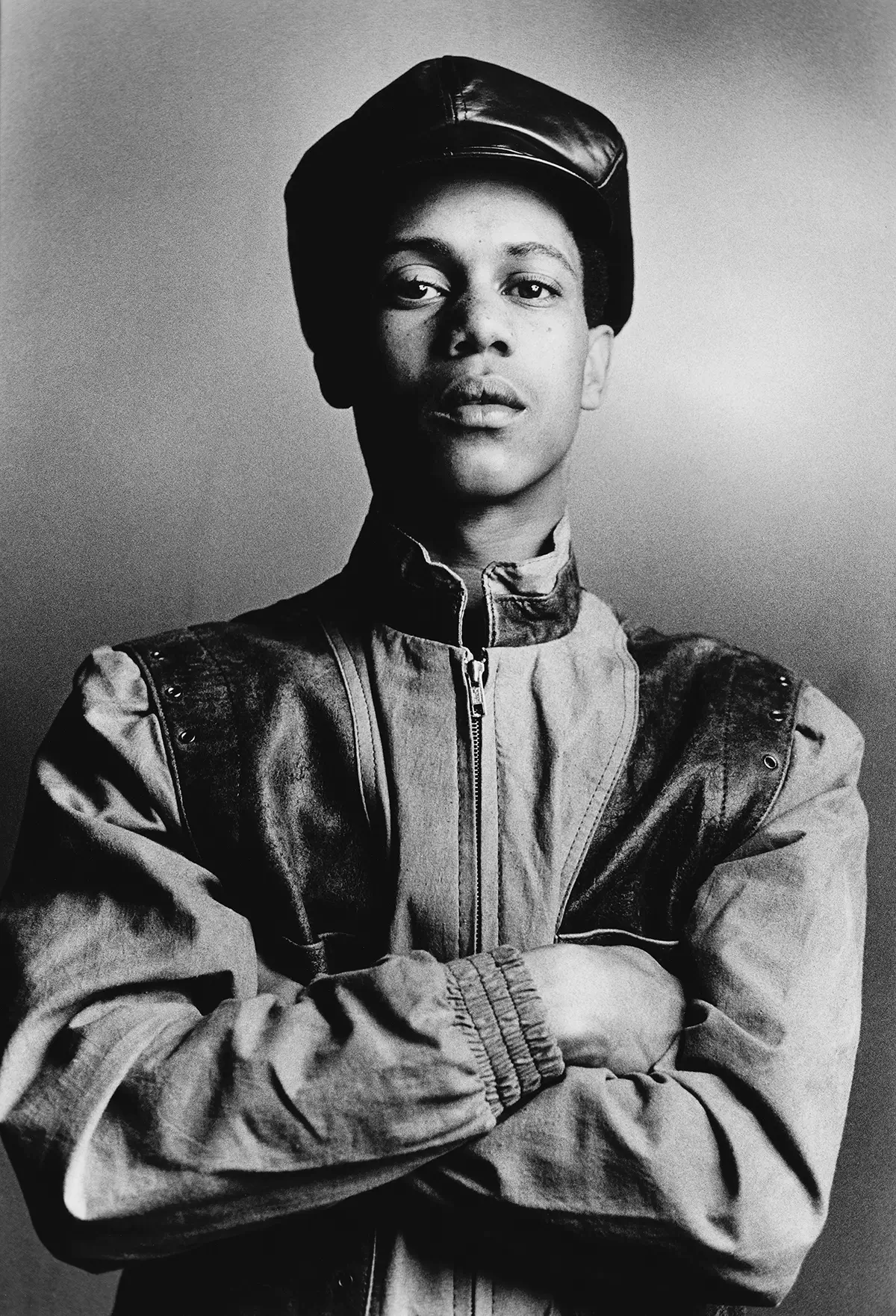
Robert, Roxy Club, 1985, from the series B-Boys, from Coreen Simpson: A Monogragh (Aperture, 2025). Courtesy the artist © Coreen Simpson
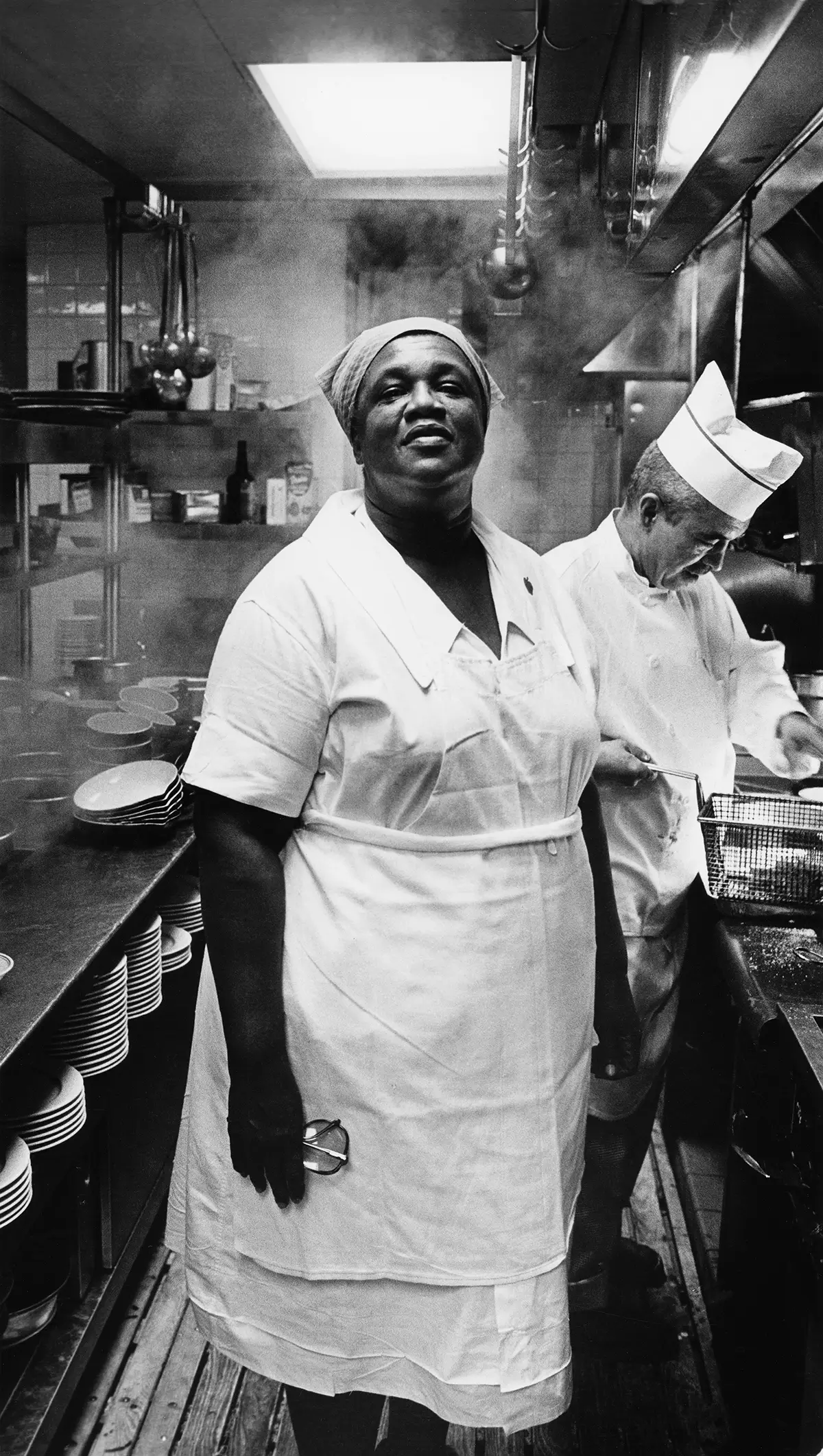
Cooking Is My Game (Lady Chef), Velma James, Hotel Roosevelt, New York, 1977, from Coreen Simpson: A Monograph (Aperture, 2025). Courtesy the artist © Coreen Simpson
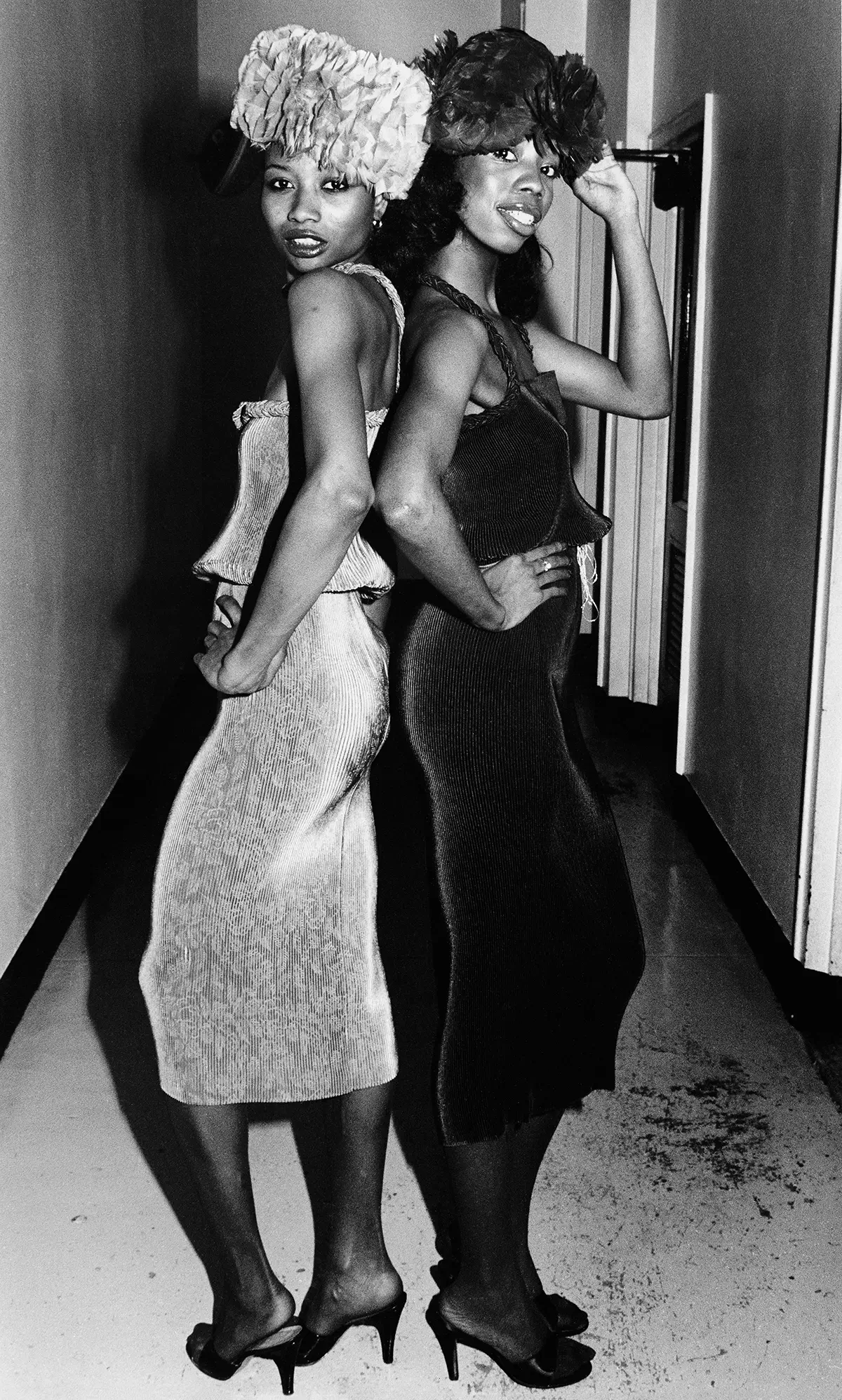
Untitled, 1979, from Coreen Simpson: A Monograph (Aperture, 2025). Courtesy the artist © Coreen Simpson
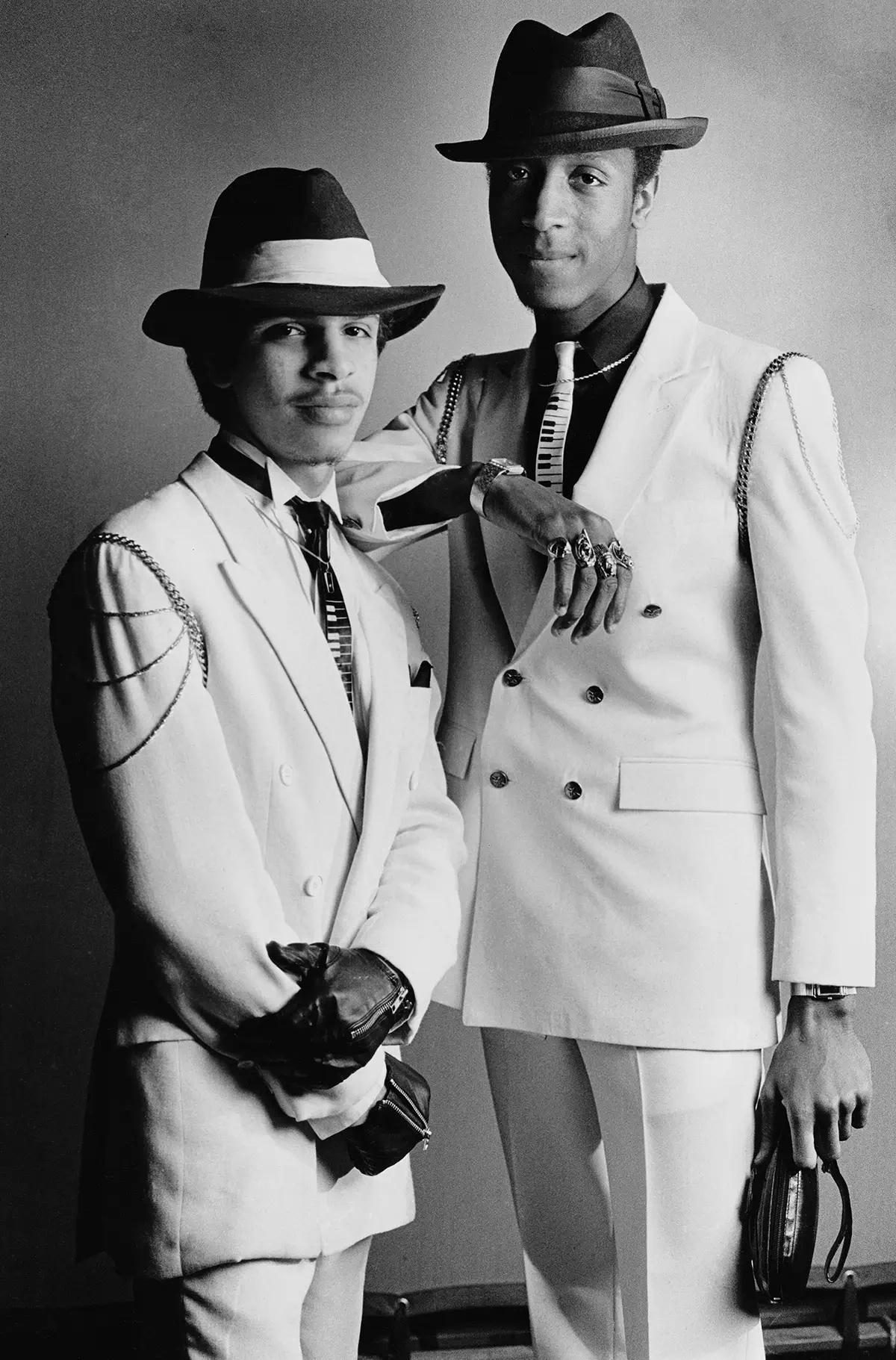
William and Sam, Roxy Club, 1985, from the series B-Boys, from Coreen Simpson: A Monograph (Aperture, 2025). Courtesy the artist © Coreen Simpson
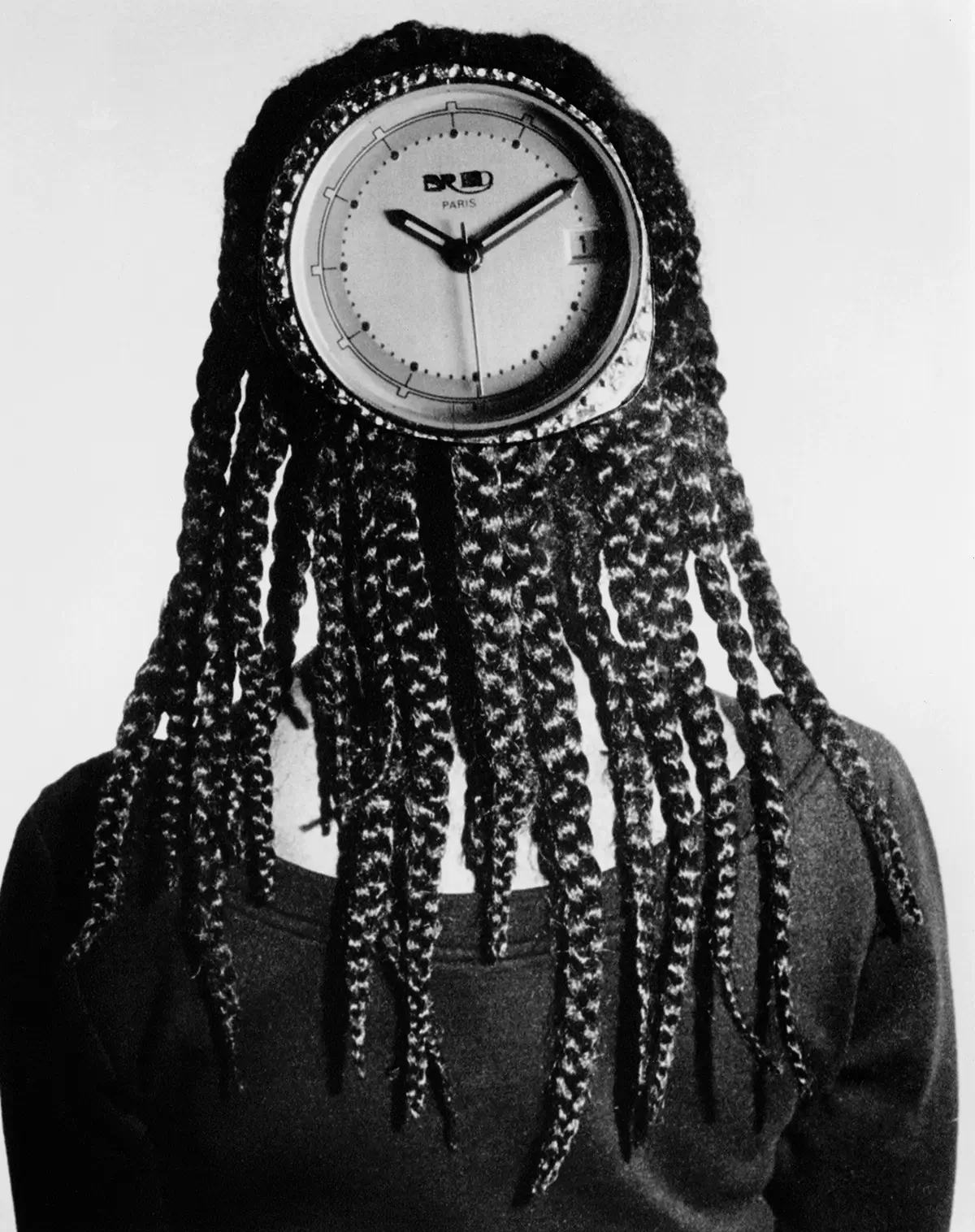
Alva with Clock, 1992/2021, from the series Aboutface, from Coreen Simpson: A Monograph (Aperture, 2025). Courtesy the artist © Coreen Simpson
